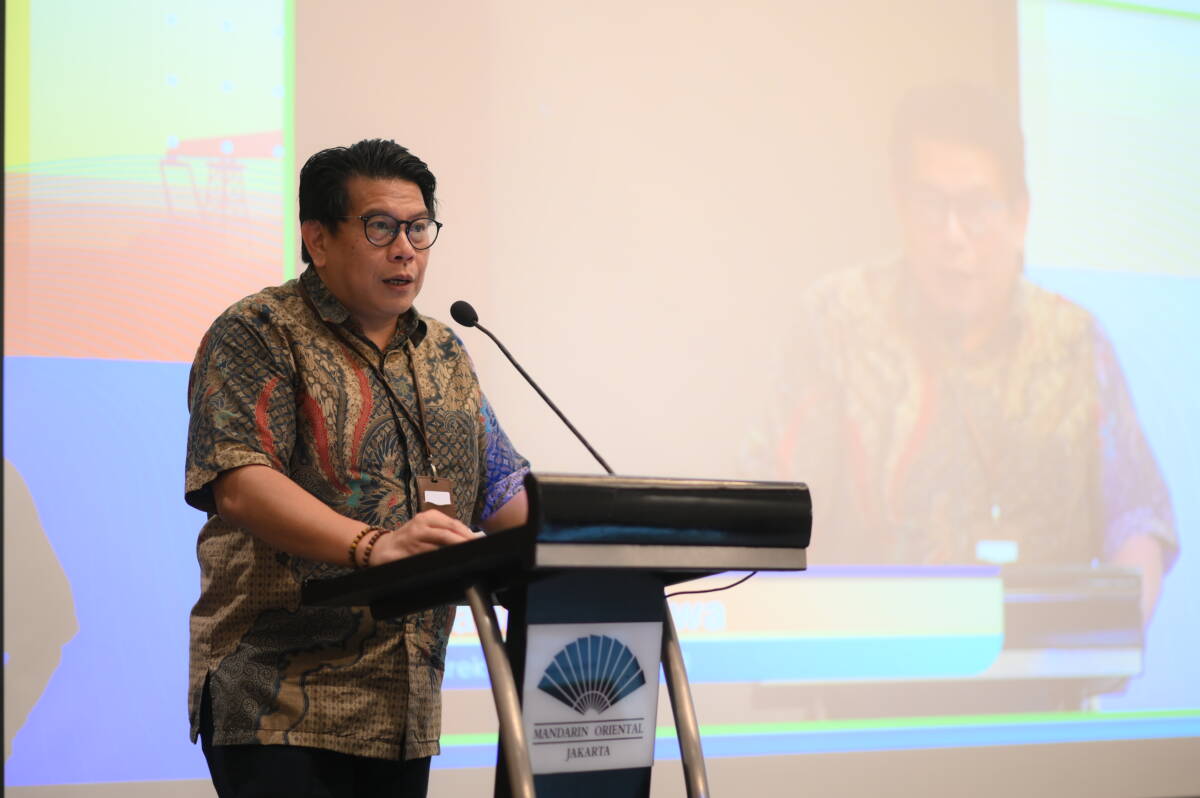Jakarta, April 17, 2025 – Indonesia and China have just celebrated 75 years of diplomatic relations. Official diplomatic relations between Indonesia and China have been established since April 13, 1950 and continue to this day in terms of trade, infrastructure development, energy, and socio-culture.
Until 2022, China has been Indonesia’s largest trading partner for 10 consecutive years. The trade volume between the two countries increased from USD 50 billion in 2013 to USD 150 billion in 2022.
In 2024, referring to the China Belt and Road (BRI) Investment Report 2024, Indonesia is the main recipient of investment for BRI projects, around USD 9.3 billion or equivalent to more than Rp150 trillion. This shows that Indonesia has a role as a strategic partner in China’s political and economic agenda in Southeast Asia.
Chinese President Xi Jinping, in his latest message (13/4), congratulated Indonesian President Prabowo Subianto on the 75th anniversary of diplomatic relations and emphasized the importance of supporting each other’s development vision. During his first state visit to China late last year, President Prabowo Subianto affirmed his commitment to achieving national energy independence through enhanced bilateral cooperation with China on sustainable energy development.
IESR sees the celebration of more than seven decades of relations between China and Indonesia as the right momentum to strengthen the green development partnership. This collaboration is important to support Indonesia’s energy transition and economic transformation towards net zero emissions in line with the Paris Agreement targets.
IESR Executive Director, Fabby Tumiwa, emphasized that based on IESR’s latest study there are 333 GW of utility-scale renewable energy projects that can be developed and are financially viable. Utilizing this potential will support Indonesia to become the fourth largest economy in the world by 2045 and a low carbon economy.
Fabby mentioned, with China as a global leader in infrastructure development and renewable energy manufacturing, cooperation between the two countries would be mutually beneficial and support each party’s long-term development ambitions.
“Cooperation in the clean energy sector can help develop green BRI projects that have an impact on reducing emissions, given Indonesia’s position as a major recipient. Projects funded by BRI can be prioritized on renewable energy investment, substitution of fossil energy power plants, and development of supply chains and manufacturing of clean energy technologies,” Fabby said.
According to Fabby, BRI plays a multifunctional role for China and Indonesia. More than just an instrument of infrastructure development, green BRI projects have the potential to encourage community empowerment, increase trade, and support inclusive and sustainable economic growth.
Arief Rosadi, Program Manager of Climate and Energy Diplomacy, IESR, added that in addition to cooperation between governments, there is potential to expand collaboration through dialogue between communities.
“Effective dialogue at the community level between China and Indonesia can open space for learning from China’s experience in transforming its economy towards green development, as well as sharing best practices that can inspire Indonesian stakeholders to adopt sustainable practices and new technologies,” Arief said.
Arief emphasized that the celebration of 75 years of diplomatic relations is not only a historical commemoration, but also an opportunity for the two countries to strengthen cooperation in creating a greener and more sustainable future, and can be an example of a model of South-South cooperation in tackling climate change.
IESR also supports international collaboration to accelerate the energy transition, including encouraging cooperation between Indonesia and China. IESR joined the BRI International Green Development Cooperation (BRIGC) framework, an international cooperation that aims to encourage consensus, understanding, and joint action to realize green development through the Belt and Road Initiative (BRI).
Since December 2024, IESR’s Executive Director was also selected as one of thirty leading Chinese and international experts as a member of the Green and Low Carbon Expert Network (GLEN) established by the Ministry of Ecology and Environment of the People’s Republic of China, to advise on strategies and cooperation to realize a green BRI.

